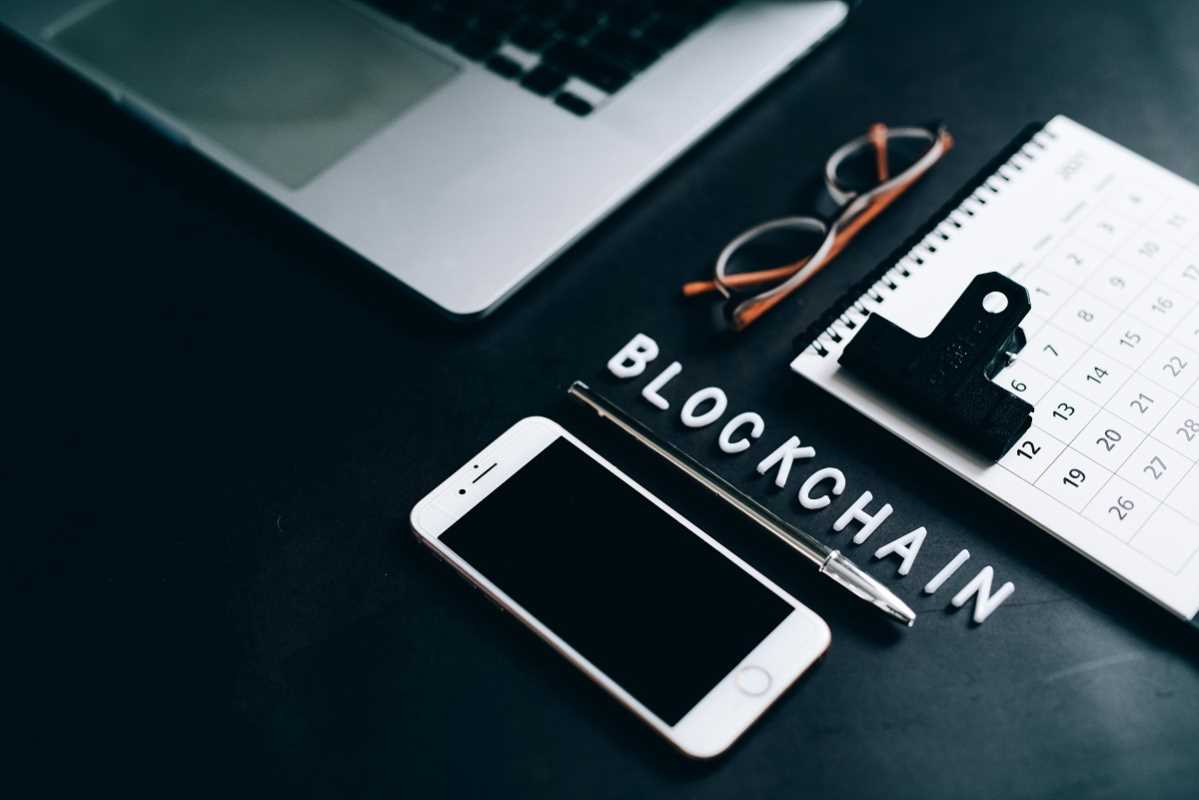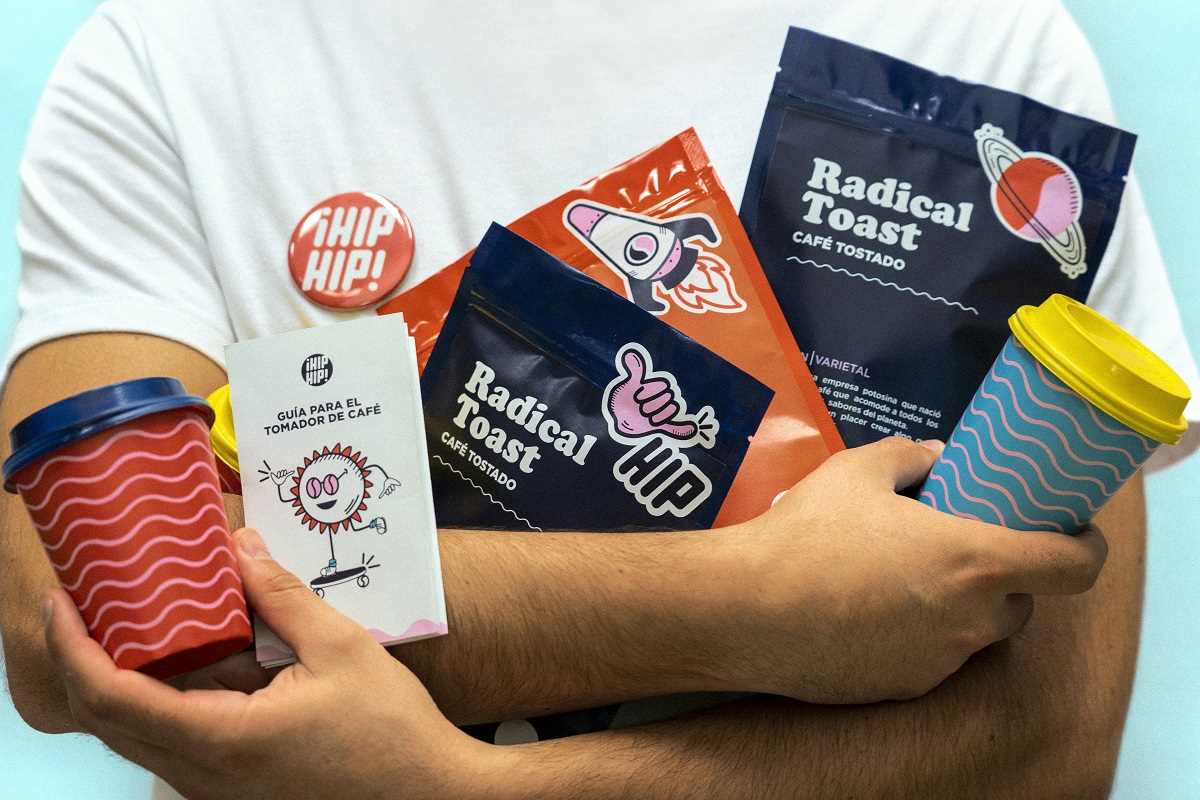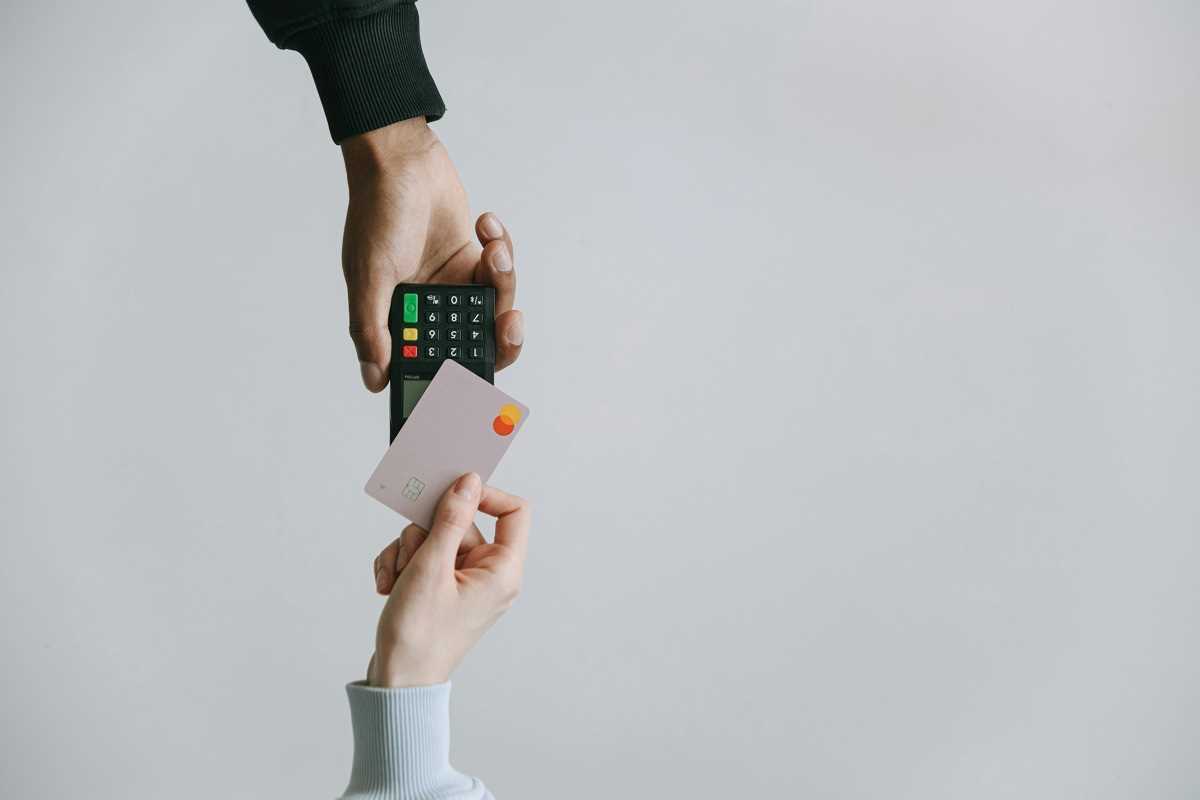Imagine a world where you could track the banana you ate this morning all the way back to the exact farm it came from. Sounds futuristic, right? But that’s precisely the kind of game-changing transparency blockchain can offer to supply chains. Whether it’s your morning coffee or your latest gadget, everything we consume passes through complex supply chains that are often shrouded in mystery. Blockchain is stepping in to lift the curtain, making it easier to track, trace, and trust every step of the process. Here’s how this technology is already shaking things up—and what the future might hold.
The Basics of Blockchain and Supply Chains
Before we geek out about its impact, let’s quickly cover the basics. Blockchain, at its core, is like a digital ledger on steroids. Unlike traditional databases that rely on a central authority, blockchain operates across a decentralized network of computers. Each transaction (or “block”) is verified and linked to the one before it, creating an unchangeable chain of records.
Now, why do supply chains need this?
Because supply chains are notoriously messy. Moving goods involves countless parties—producers, suppliers, manufacturers, transporters, and retailers. And guess what? Many of them still rely on paperwork, siloed systems, and outdated processes. That’s a breeding ground for inefficiency, fraud, and mistrust. Blockchain steps in as that badass tech friend who organizes everything, keeps everyone honest, and clears up the confusion.
Benefits of Blockchain in Supply Chain Transparency
Blockchain isn’t just a buzzword—it’s a solution to some real-world headaches. Here’s why businesses and consumers alike are excited about what it can do for supply chains:
1. Traceability and Accountability
One of the biggest headaches in supply chain management is the difficulty of tracing a product’s origin. Blockchain allows each product to come with a digital “passport” that records its entire history. Whether it’s a bottle of wine or a batch of sneakers, blockchain ensures you can trace every step—from raw materials to the final purchase.
Take the food industry, for example. The 2018 E. coli outbreak linked to romaine lettuce in the U.S. left supply chain managers scrambling to identify the source. It took weeks to track it down. With blockchain? Walmart partnered with IBM’s Food Trust blockchain to reduce traceability time for food products from seven days to just 2.2 seconds. Talk about efficiency.
2. Fraud Reduction
Ghost shipments, counterfeit products, and forged records are a real problem. Blockchain’s immutable nature makes it virtually tamper-proof. Once information is recorded, it can’t be altered without everyone in the network noticing. This digital paper trail means no more sneaky backdoor deals or dodgy counterfeit goods making their way to consumers.
Luxury brands, such as LVMH, are using blockchain platforms like AURA to authenticate high-end products. Want to ensure that Louis Vuitton bag is the real deal? Blockchain’s got your back.
3. Consumer Trust
Modern consumers care about where their products come from. How was it made? Were the workers treated fairly? Was the material sustainably sourced? Blockchain answers these questions by offering transparent and verifiable data. When customers can see exactly where their stuff came from, they’re more likely to trust and support a brand.
A great example is Everledger, which is using blockchain to track the origin of diamonds. Customers can now see whether their diamond is conflict-free or ethically sourced, making informed choices a breeze.
4. Improved Efficiency
Say goodbye to mountains of paperwork and hello to a unified digital system. Blockchain reduces bureaucracy and eliminates the need for constant back-and-forth between players in the chain. Smart contracts—self-executing contracts coded into the blockchain—can even automate payments and approvals when specific conditions are met.
For instance, logistics company Maersk and IBM have teamed up to create TradeLens. This blockchain-powered platform simplifies shipping by digitally tracking cargo from start to finish, slashing costs and cutting down on delays.
Challenges of Adopting Blockchain in Supply Chains
Okay, so everything about blockchain sounds like a dream, right? Not so fast—there are still some roadblocks to consider. Here are a few challenges that businesses face when implementing this technology:
1. Cost and Complexity
Blockchain is powerful, but it’s not cheap to set up. Businesses need to invest in new infrastructure, integrate the tech into existing systems, and train employees. For small- and medium-sized enterprises, the upfront cost can be daunting.
2. Scalability Issues
The more parties involved in a blockchain network, the more data has to be processed and stored. This can slow things down, creating delays for large-scale operations. Blockchain networks still need to figure out how to handle the sheer volume of supply chains that span the globe.
3. Interoperability
Most businesses currently operate in silos, using their own platforms and systems. Getting all parties in a supply chain to adopt the same blockchain protocol is no small feat. Without standardized solutions, the full potential of blockchain remains out of reach.
4. Regulatory Uncertainty
Blockchain is still relatively new, which means legal frameworks are still catching up. Different regions have different rules on data privacy or digital signatures, making it tricky for businesses to implement blockchain on an international scale.
Industries Leading the Blockchain Charge
Despite the hurdles, bold companies and industries are jumping on the blockchain bandwagon, and they’re already seeing results.
- Retail: Provenance, a blockchain platform, allows companies like Unilever and Nestlé to trace ingredients in their products. Consumers can scan a QR code to get a full breakdown of where their food came from.
- Fashion: Kering, owner of Gucci and Balenciaga, is leveraging blockchain to offer customers proof of authenticity and sustainability.
- Pharmaceuticals: The MediLedger blockchain makes tracking drugs simple, ensuring counterfeit medicines don’t make their way into the market. Given how critical this is for patient safety, blockchain is proving invaluable.
What’s Next for Blockchain in Supply Chains?
The future for blockchain in supply chains looks bright—but there’s work to do. Here’s where we might see the technology heading:
- Wider Standardization: For blockchain to reach its full potential, supply chain players—including governments—need to agree on common standards and protocols. Standardization will make it easier for new businesses to adopt blockchain and ensure data is seamlessly shared across the board.
- Integration with Other Technologies: Combine blockchain with AI, IoT (Internet of Things), and machine learning, and the possibilities multiply. Smart devices could automatically record data (like temperatures during transit), upload it to the blockchain, and alert companies to problems in real time.
- Sustainability: With increasing pressure to fight climate change, blockchain could become a critical tool for documenting and improving sustainability practices in supply chains. Companies could prove their eco-friendly practices with hard data that’s publicly available and easily verified.
- Greater Accessibility for SMEs: Technology always becomes cheaper and more accessible over time. With more affordable blockchain solutions emerging, even small businesses could get in on the action—making transparency the norm across industries.
Getting Started with Blockchain
Curious about how to take the blockchain leap? Start small. Test the technology on a specific part of your supply chain and measure the results. Choose a reputable platform and get input from all parties involved—you’ll need buy-in from everyone, from suppliers to distributors. Startups and consultants specializing in blockchain can also help ease the learning curve.
And remember, blockchain isn’t just about solving problems; it’s about gaining a competitive edge. Brands that deliver transparency and authenticity are building deeper trust with today’s savvy consumers—and that trust can’t be bought.
Companies that invest in blockchain today are making a statement about their commitment to innovation and responsibility. And who wouldn’t want to be part of a future where every transaction is clean, clear, and trustworthy?
 (Image via
(Image via





